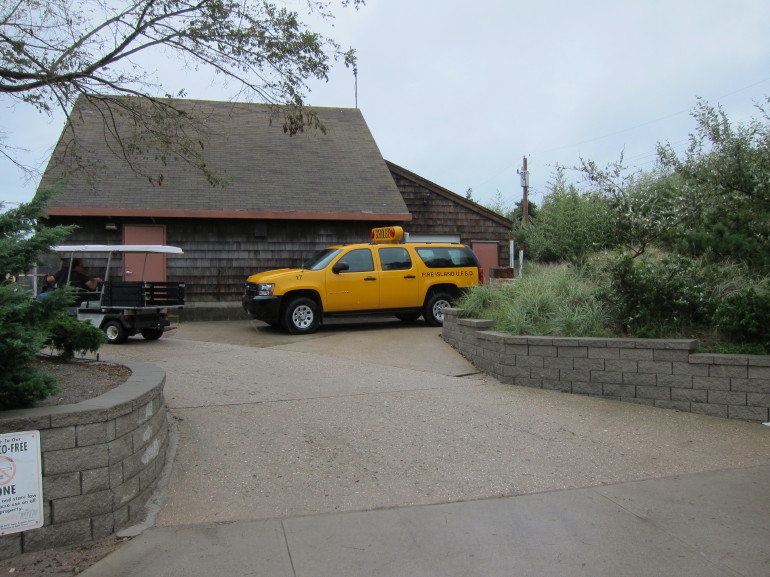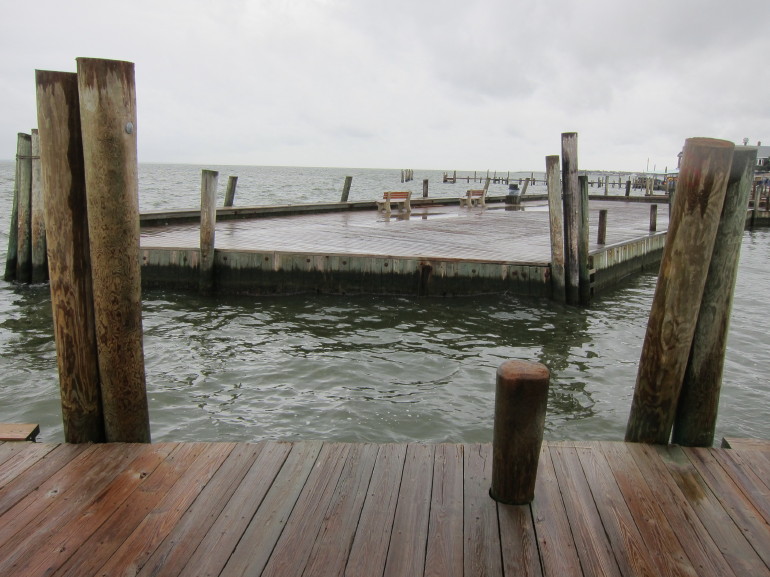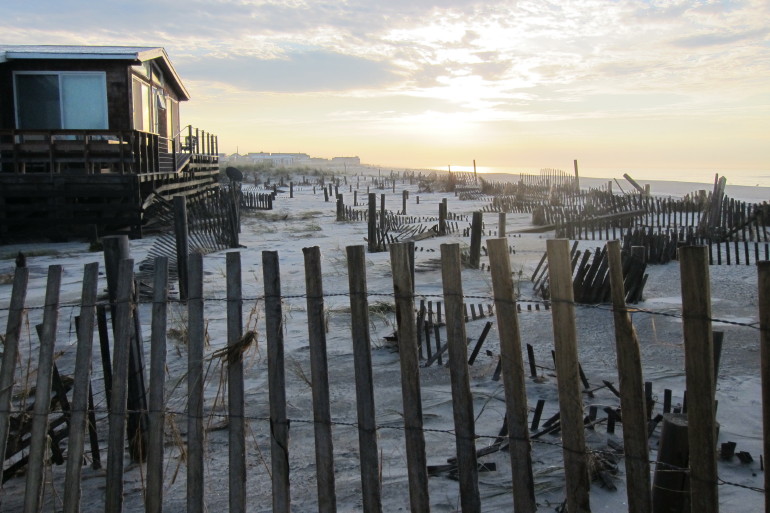August:
The End of August
7 September 2011
Wednesday, September 7th, 2011
Although far from pleasant — perhaps because it was so far from pleasant — yesterday’s horrible weather offered the most gracious way of ending a summer vacation. Gedouddaheah!
Did we mention the Vital Transportation driver who sped us from the Bay Shore ferry terminal to our own front door in one hour and ten minutes? Terrifying as it was, that early-August drive came fondly to mind yesterday as we occasionally inched our way along the Southern State Parkway. Conditions on the Cross Island were smoother, and traffic on the Grand Central Parkway was surprisingly fleet, given the tropical-storm grade downpour. Miraculously, the FDR wasn’t flooded. But it was a terrible day to be on the road, even if we weren’t doing the driving.Â
The first thing I did when we got home was to make a pot of tea. The second thing was to order Chinese. Perfect weather for steaming bowls of pork lo mein.
We camped out in the living room. The dining table has been serving as a distribution hub all summer, piled high will all manner of printed and stamped information, but, thanks to the agreeable balcony setup, we haven’t been inconvenienced. No sitting on the balcony last night, though! I read Anthony Flint’s Wrestling With Moses: How Jane Jacobs Took On New York’s Master Builder and Transformed the American City. That would be a better title, I think, if it wound up with “…and Put an End to Urban Renewal.” Fifty years later, American cities remain largely untransformed (if you ask me), and that has made it possible for some of them to become charming. “Urban renewal,” in any case, was a euphemism to rank right up there with “ethnic cleansing,” which it substantially resembled. Flint’s second chapter, “The Master Builder,” necessarily retraces ground so ardently mapped by Robert Caro, in The Power Broker, and I haven’t seen anything that I didn’t encounter in the bigger book, echoes of which still haunt me weeks after I read it. But Flint is certainly more temperate about Robert Moses — so far, at least. In case you just tuned in, let me remind you that the three parkways that I mentioned earlier were all early works of the “commissioner for life,” as Moses came to be known.Â
At some point before eleven, I decided to turn in. I took my pill and climbed into bed with my book, put on my reading glasses, and got comfortable. Then, without reading a word, I took off my reading glasses, put the book down, and turned out the light. That was it for me.
At some demented moment yesterday morning, I ventured to suggest to Kathleen that we didn’t need to ship any boxes of stuff home; there wasn’t so much that we couldn’t ferry it across the Great South Bay and into the trunk of a commodious Town Car. Happily, she paid no attention to this — pretended that she hadn’t heard it. We packed our four boxes of stuff and mailed them off and we still had four groaning tote bags — the ones that are so big that Kathleen has to put them on her shoulder, because otherwise she can’t lift them off the ground — and Will’s Maclaren (taking which out to Fire Island was the dumbest thing I did all summer, by far) to haul. As I lugged these through sodden lanes and sandy stretches toward our final ferry ride, I could only bless Kathleen’s providence.




